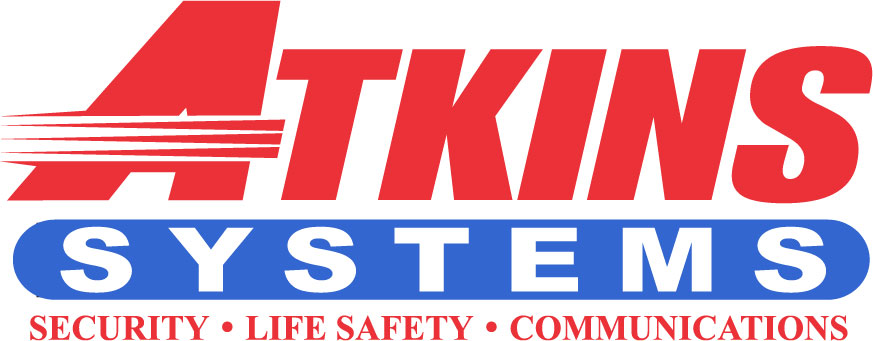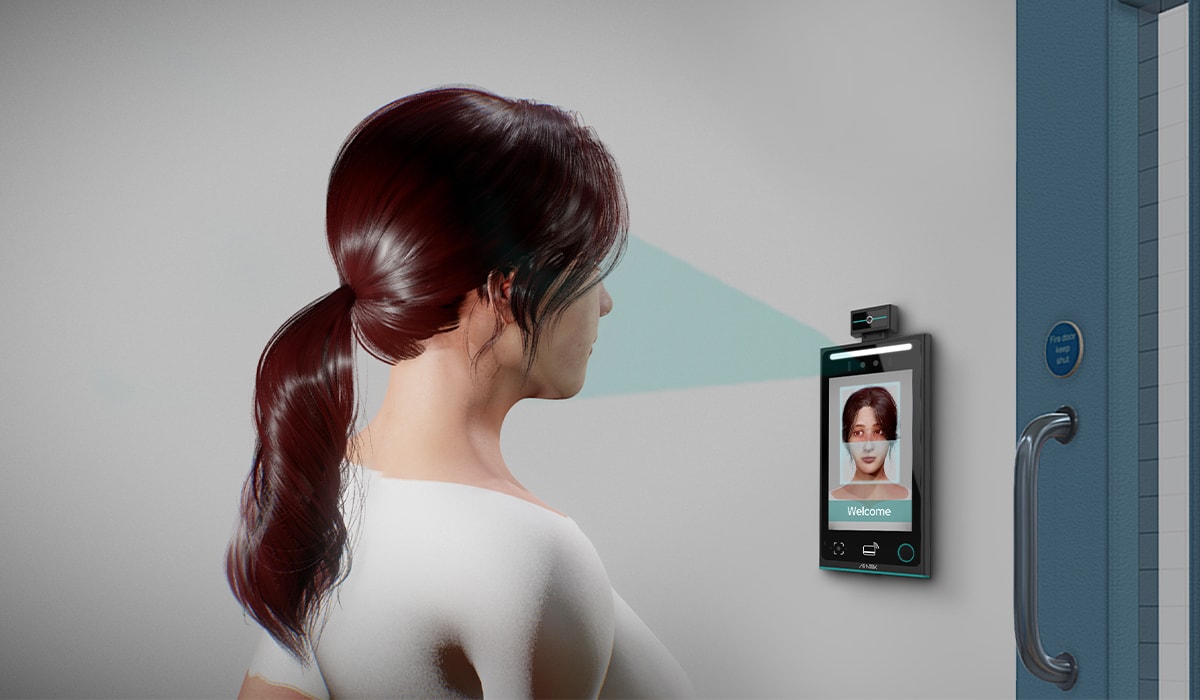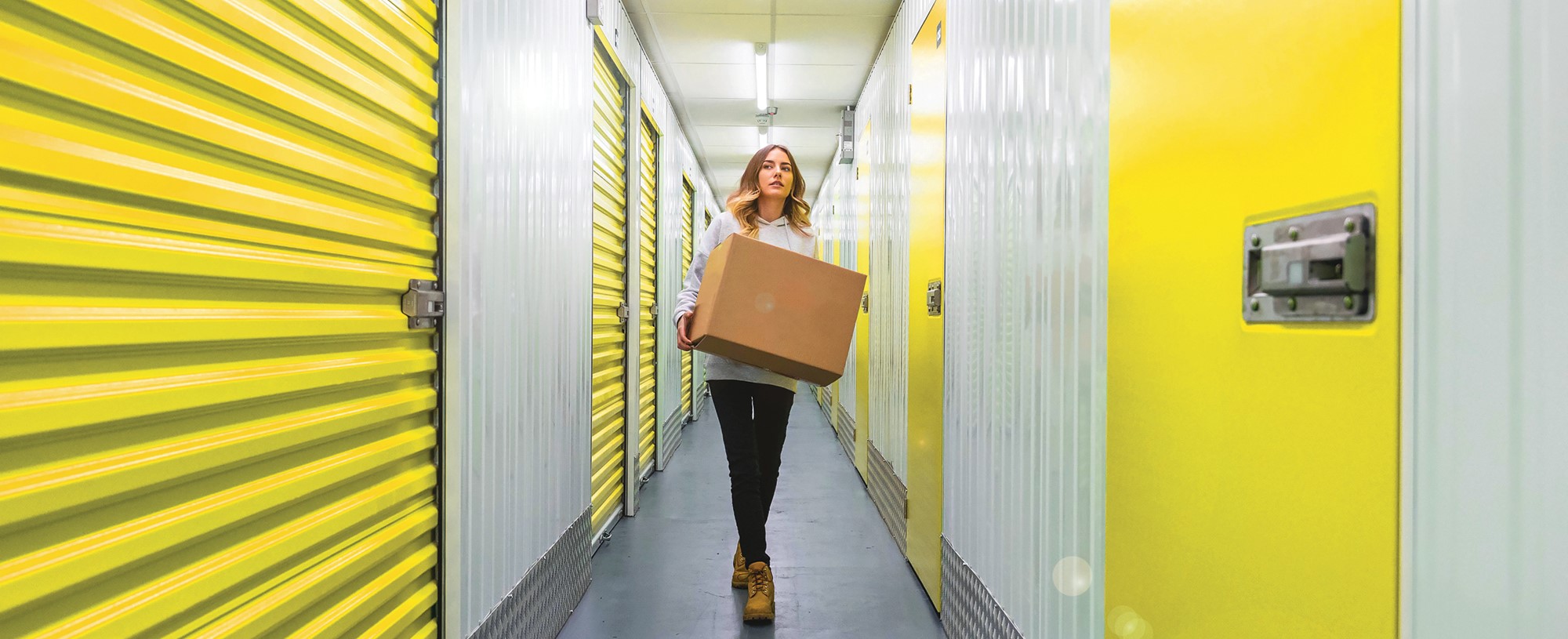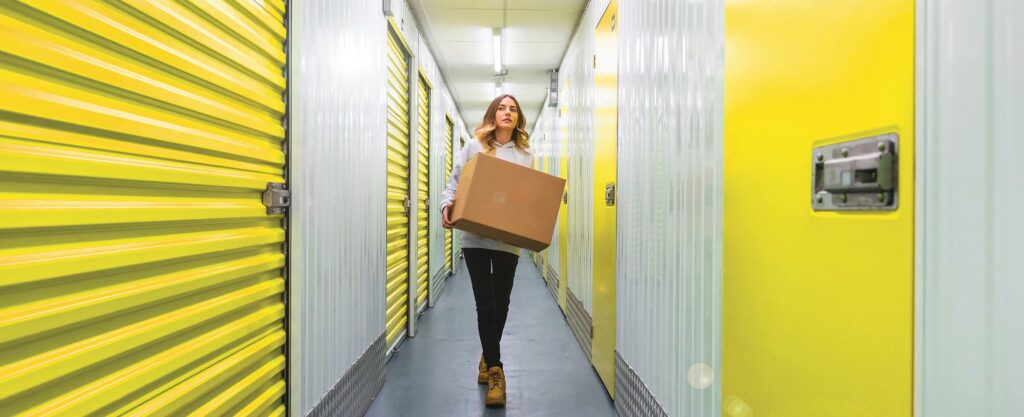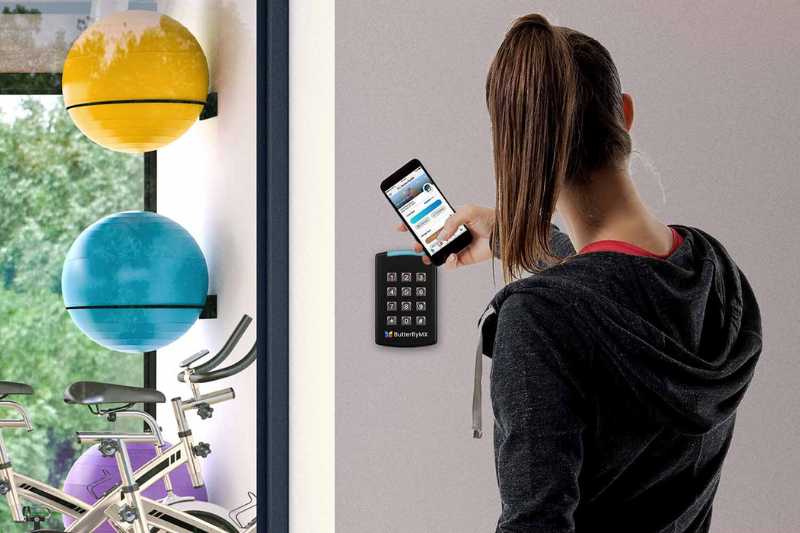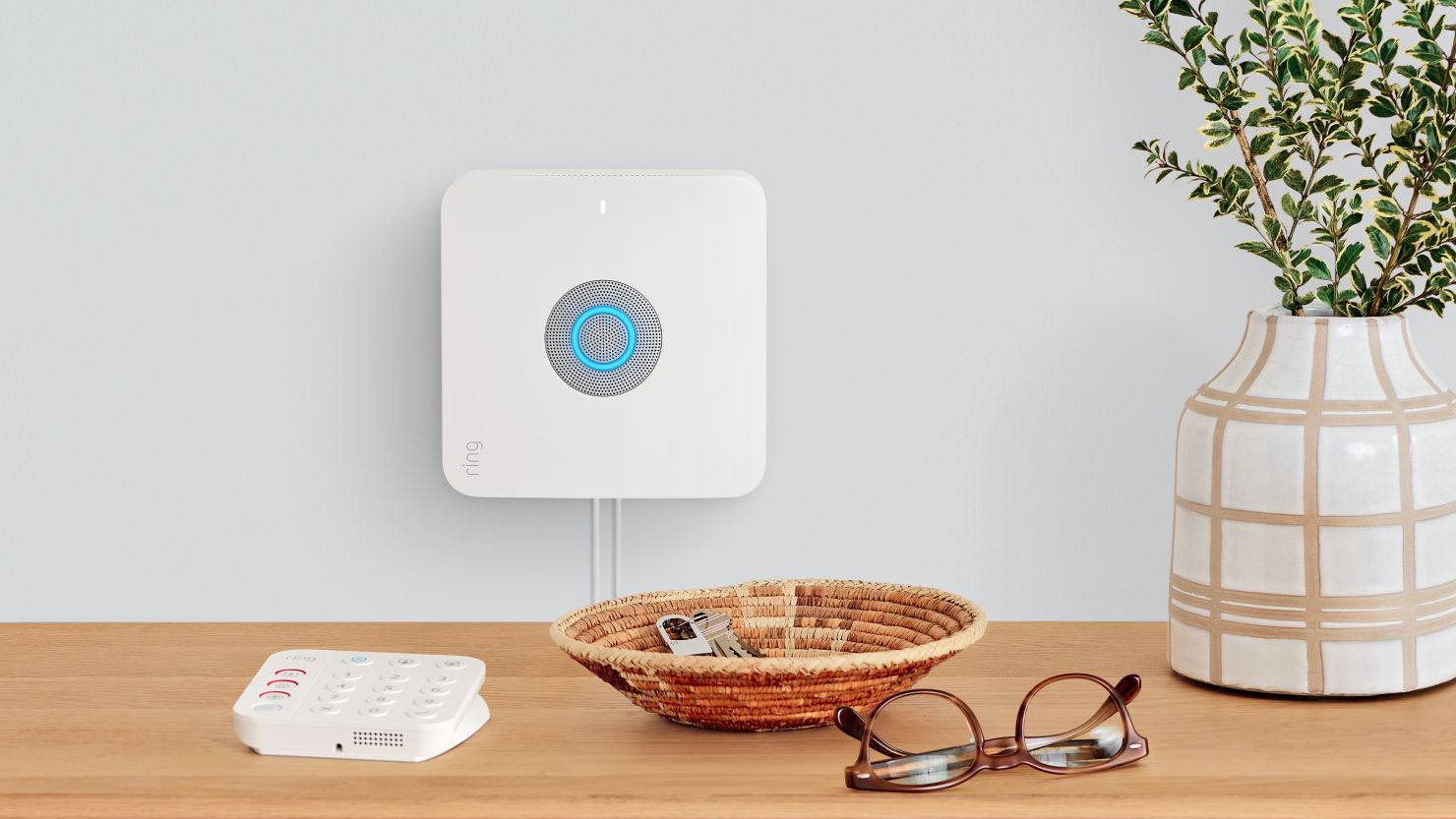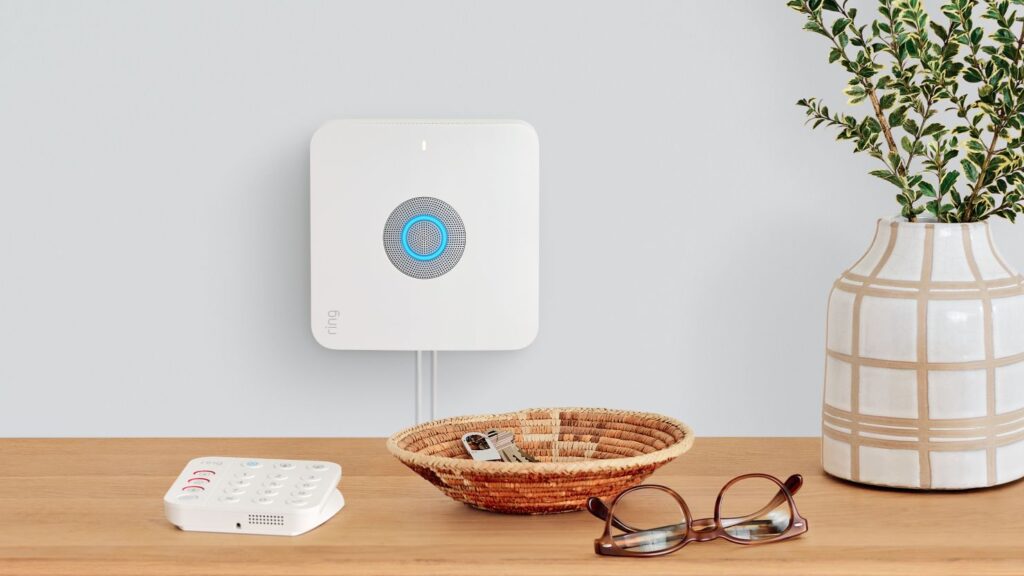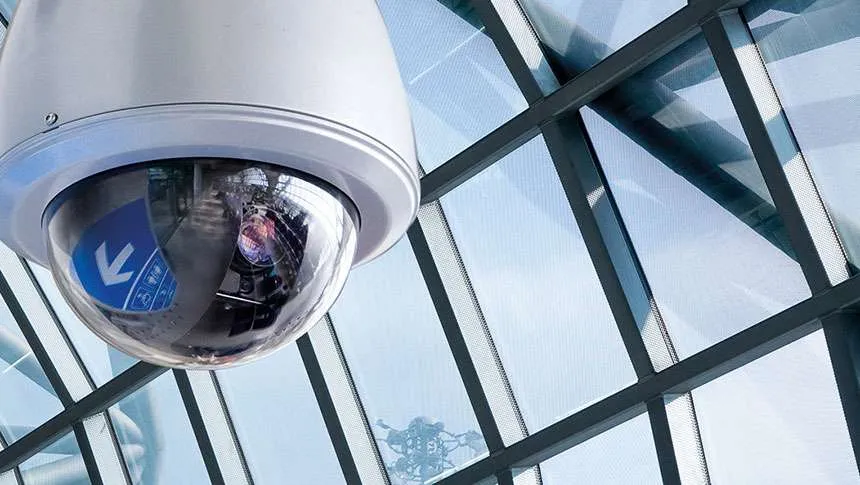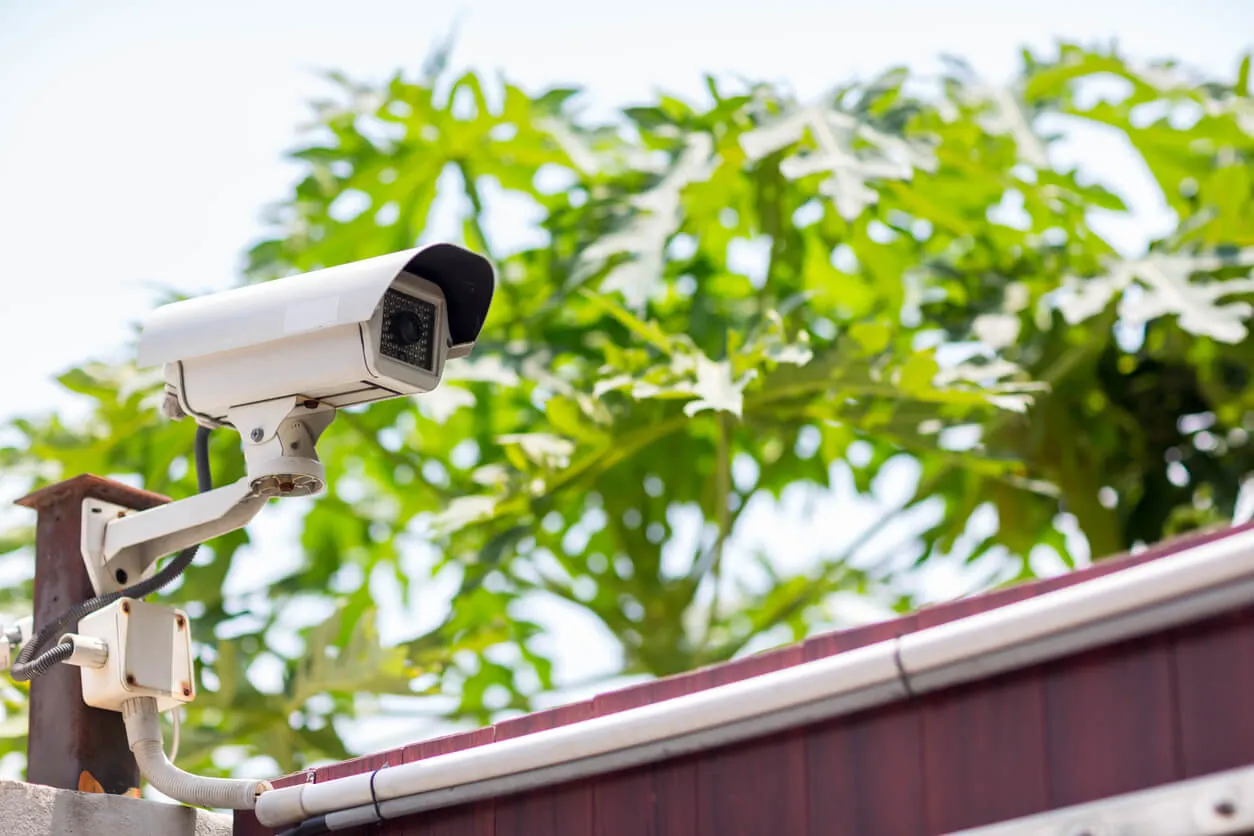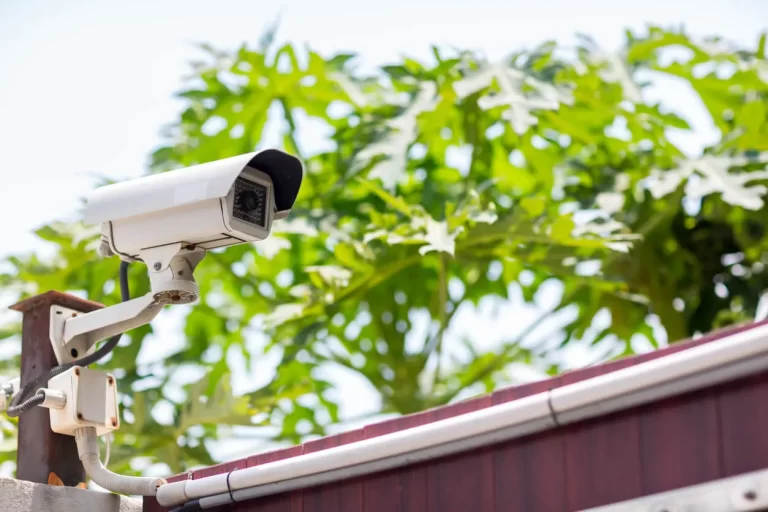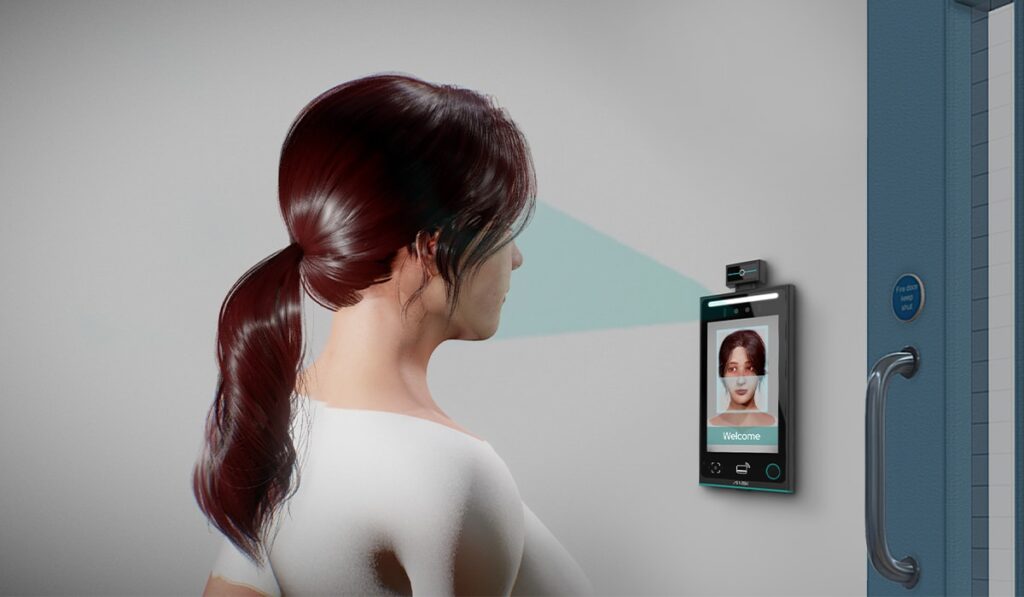
Top Biometric Access Control Solutions For Businesses
Note: Security needs vary greatly among different retail operations. Atkins Systems recommends a personalized consultation to design a security strategy that best meets your specific requirements.
In an era where security is paramount, biometric access control solutions stand out for their reliability and sophistication. Atkins Systems, a leader in advanced security solutions based in Canton, Georgia, presents a detailed exploration of the top biometric access control technologies tailored for businesses. From fingerprint recognition to hand geometry readers, this guide delves into the key features, benefits, and practical applications of each system, offering insights into how they can enhance security and access management.
Key Takeaways
- Fingerprint Recognition: Offers secure access and high accuracy, removing the need for physical credentials.
- Facial Recognition: Utilizes cutting-edge technology for keyless convenience and high accuracy.
- Iris Scanning: Provides high-security levels with stable iris patterns and compact designs like Stanley Eyelock Nano NXT.
- Voice Recognition: Leverages unique vocal characteristics for accurate, hygienic, and non-intrusive access control.
- Hand Geometry: Utilizes hand measurements for reliable identification, favored for its high user acceptance.
In-Depth Analysis of Biometric Access Control Solutions
Fingerprint Recognition Systems
Widely adopted for their precision and ease of use, fingerprint recognition systems secure access by analyzing unique fingertip patterns. These systems stand out for their blend of high accuracy and user-friendly interface, streamlining the authentication process while ensuring robust security.
Facial Recognition Technology
Facial recognition systems epitomize modern security with their ability to analyze and authenticate based on facial features. They offer seamless access control, integrating effortlessly with existing security infrastructures and providing a non-intrusive yet highly secure authentication method.
Iris Scanning Solutions
Highlighting unmatched security, iris scanning solutions like the Stanley Eyelock Nano NXT utilize the unique patterns in an individual’s iris for identification. Known for their stability and compact design, these systems cater to businesses prioritizing high security with minimal physical contact.
Voice Recognition Access Control
Voice recognition technology provides a secure and user-friendly way to control access. By analyzing an individual’s vocal patterns, these systems offer a unique blend of convenience, security, and hygiene, ideal for businesses seeking innovative access control solutions.
Hand Geometry Readers
Hand Geometry Readers offer a reliable and user-friendly biometric solution, analyzing hand characteristics for identity verification. These systems are celebrated for their stable biometric traits and ease of integration with existing access control infrastructures.
Implementing Biometric Access Control in Your Business
Atkins Systems specializes in integrating these advanced biometric technologies into comprehensive security strategies tailored to your business needs. By partnering with us, you gain access to state-of-the-art biometric solutions that enhance your security, backed by expert installation and support.
Biometric access control systems represent the forefront of security technology, offering unparalleled accuracy, efficiency, and convenience. For businesses in search of reliable and advanced security solutions, the biometric systems detailed in this guide provide a range of options to meet various security and operational demands. Atkins Systems is dedicated to delivering these top-tier biometric access control solutions, ensuring your business is equipped with the best in security technology.
Note: For a tailored solution that aligns with your specific security needs and business context, consulting with security experts at Atkins Systems is highly recommended.
